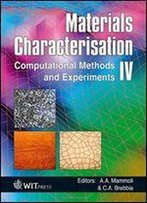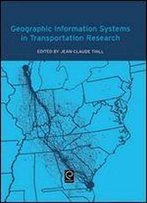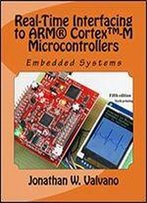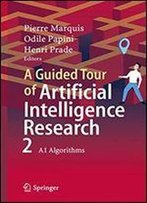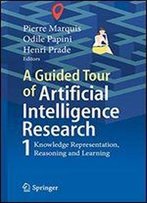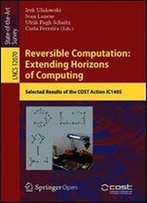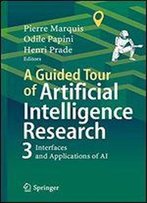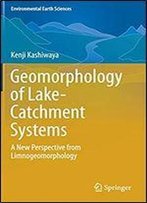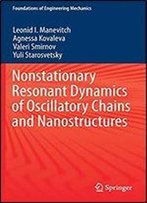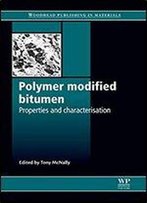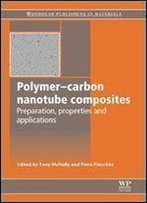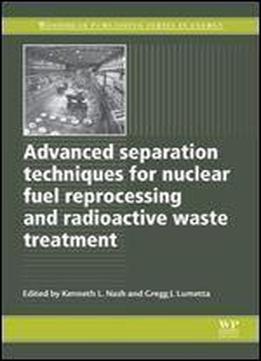
Advanced Separation Techniques For Nuclear Fuel Reprocessing And Radioactive Waste Treatment (woodhead Publishing Series In Energy)
by Kenneth L Nash /
2011 / English / PDF
7.8 MB Download
Advanced separations technology is key to closing the nuclear fuel cycle and relieving future generations from the burden of radioactive waste produced by the nuclear power industry. Nuclear fuel reprocessing techniques not only allow for recycling of useful fuel components for further power generation, but by also separating out the actinides, lanthanides and other fission products produced by the nuclear reaction, the residual radioactive waste can be minimized.
Indeed, the future of the industry relies on the advancement of separation and transmutation technology to ensure environmental protection, criticality-safety and non-proliferation (i.e., security) of radioactive materials by reducing their long-term radiological hazard.Advanced separation techniques for nuclear fuel reprocessing and radioactive waste treatment provides a reference on nuclear fuel reprocessing and radioactive waste treatment.
Part one covers the fundamental chemistry, engineering and safety of radioactive materials separations processes in the nuclear fuel cycle, including coverage of advanced aqueous separations engineering, as well as on-line monitoring for process control and safeguards technology. While part two reviews the development and application of separation and extraction processes for nuclear fuel reprocessing and radioactive waste treatment. The section includes discussions of advanced PUREX processes, the UREX+ concept, fission product separations, and combined systems for simultaneous radionuclide extraction.
Part three details emerging and innovative treatment techniques, initially reviewing pyrochemical processes and engineering, highly selective compounds for solvent extraction, and developments in partitioning and transmutation processes that aim to close the nuclear fuel cycle. The book concludes with other advanced techniques such as solid phase extraction, supercritical fluid and ionic liquid extraction, and biological treatment processes.
